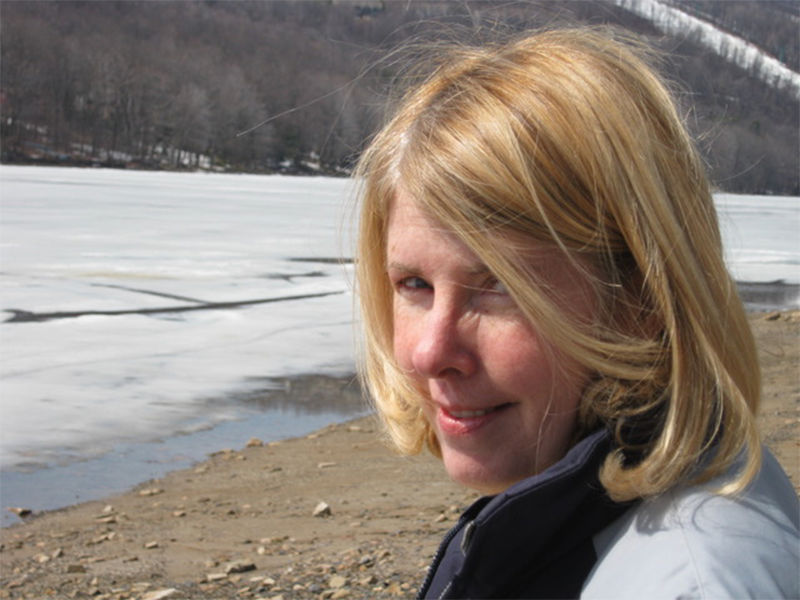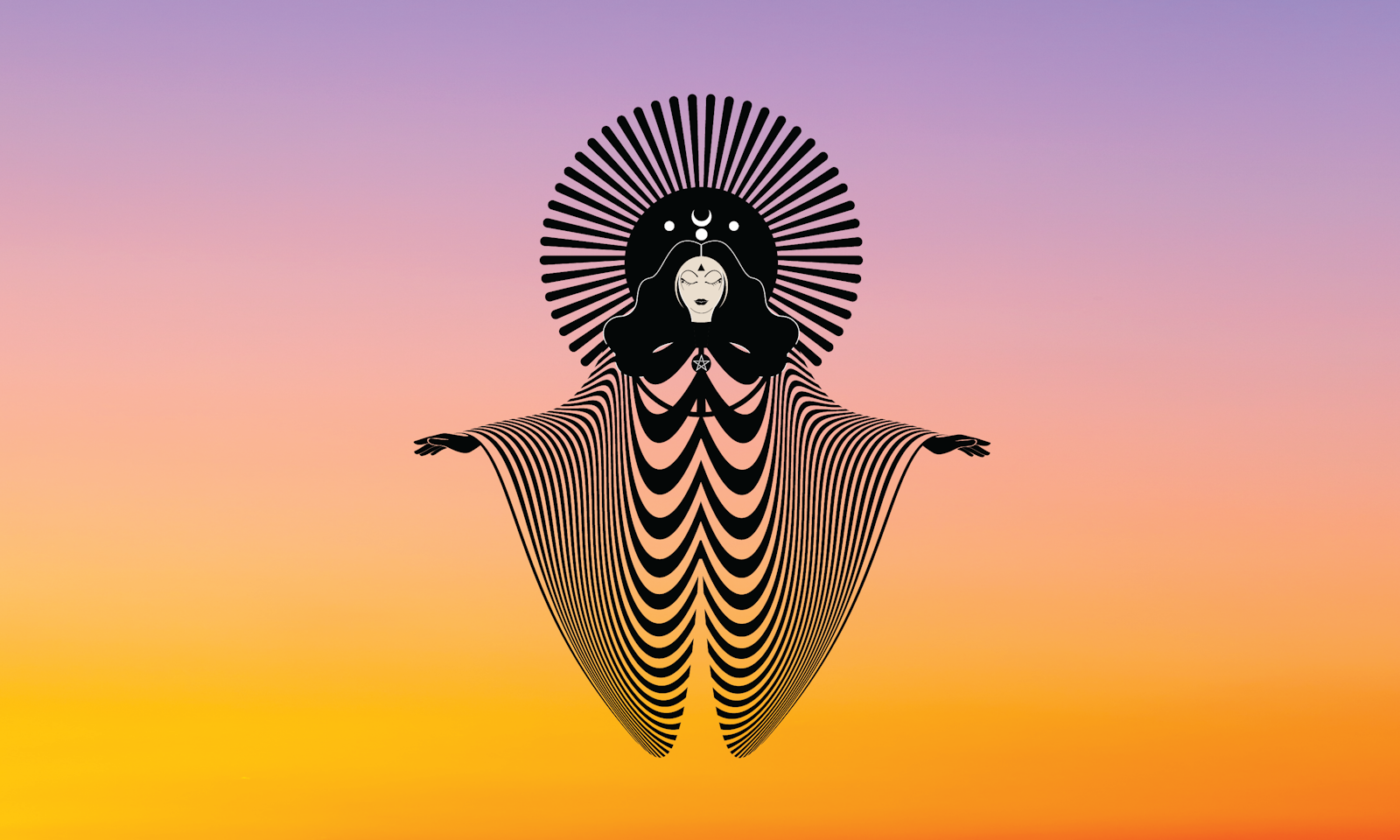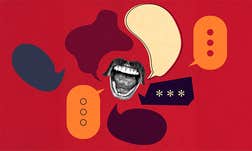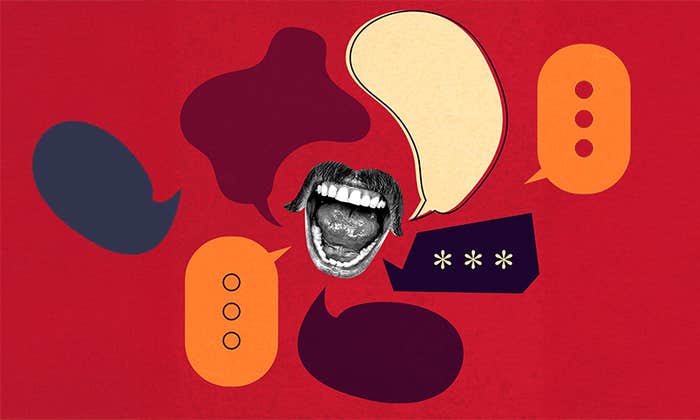Long before we had Sigmund Freud and Carl Jung, centuries before Prozac, Zoloft, or lithium, we had healers and shamans who performed magical rites, analyzed dreams, and elicited confession. Those suffering from mourning, melancholy, or madness turned to these healers and shamans for relief and reorientation, for help climbing out of darkness and back into the light.
Kay Redfield Jamison, an American clinical psychologist, recently published a book called Fires in the Dark: Healing the Unquiet Mind, about the history of psychotherapy, both ancient and contemporary, and the nature of mental healing. While a crisis of mental illness has been brewing in the United States for decades, Jamison argues that this is largely due to a lack of access to good and affordable healers. The illnesses themselves are largely nothing new. Serious mental health conditions like depression and schizophrenia have tortured humans since antiquity.
Jamison, an expert on manic depression who has suffered from bipolar disorder since she was a young adult, is best known for her previous book, An Unquiet Mind: A Memoir of Moods and Madness. Nautilus spoke to her about what makes a good healer and the role that religion plays in the relationship between healer and patient.

One of the ideas you explore in the book is that to cure is not always to heal. Why not?
You can get over an illness, you can get over an episode of mania or depression or acute anxiety, but that doesn’t mean that you’ve actually healed your mind and put it in a better position to get on with the world. A lot can be gained from adversity if some learning takes place. And I think psychotherapy allows you to get into a more knowledgeable state, a more resilient state.
You write that according to Jerome Frank, a former professor of psychiatry at Johns Hopkins, enabling mastery of a chaotic world, instilling hope, and eliciting confession are the three elements that successful psychotherapies have in common. Do you think that he was right about that?
One of the things Frank did was to look at the origins. Where does psychotherapy come from? It’s in the church and in antiquity, the temples—the Egyptian temples, the Greek temples of healing—which long predated the formal Christian Church and a lot of Judaism. What you see at the core of almost all of these is confession, a form of going in and saying, “I have done this,” or “I can’t cope with this.” Making that statement in front of someone who’s a qualified healer can make a huge difference. You are redeemed, and it makes you better able to get on with life.
And what makes someone a qualified healer?
A true healer must possess the ability to reasonably extend hope, and not in some superficial sort of way—and that’s true whether you’re an oncologist or a psychiatrist or a psychologist. In mood disorders, for example, there’s every reason in the world to expect that you’re going to be able to make somebody a lot better, and you need to be able to convey that well enough, because one of the first things that goes in mental illness is a sense of the future and of hope. Empathy clearly is also critical.
You write that some degree of confusion between personality and healing runs through the whole history of medicine. Is this essentially the placebo effect that we’re talking about?
No, I don’t think it’s a placebo effect. Why did the shamans have the ability to heal, why do great priests and rabbis and ministers have great impact on people? It’s personality. It’s not just faith. People give faith to someone who warrants it. Of course, not always—a lot of folks are taken in by people who don’t deserve it. But I think faith is generally granted to someone who has an extraordinary sort of personality, something that is in the room that you may not be able to accurately measure. This has been true of great healers since the beginning of time.
Do you believe a migration away from organized religion has played a part in the prevalence of mental illness in this country?
It probably does contribute, but there’s a group of psychiatric illnesses that have been described since tens of thousands of years ago. They’re still here. Obviously, we’ve had a huge problem with addiction, increasing the number of people who die by their own hands. We’ve had all sorts of complicating factors, but there have always been complicating factors and mental illnesses have always been very common. When you have about 1 woman in 20 globally who will suffer an episode of depression, this is not some rare neurological disease.
What was one of the biggest revelations you had in the process of writing this book?
I was really struck by the importance of courage. Because some of these illnesses that hit so young are also chronic. If I get bipolar disorder when I’m 17, I’ve got it for life, right? So people who have this illness are going to have to find ways of learning to deal with that, as best as one can. And that is only partially done by medication. The other part requires really good healers. ![]()
Lead image: robin.ph / Shutterstock




























